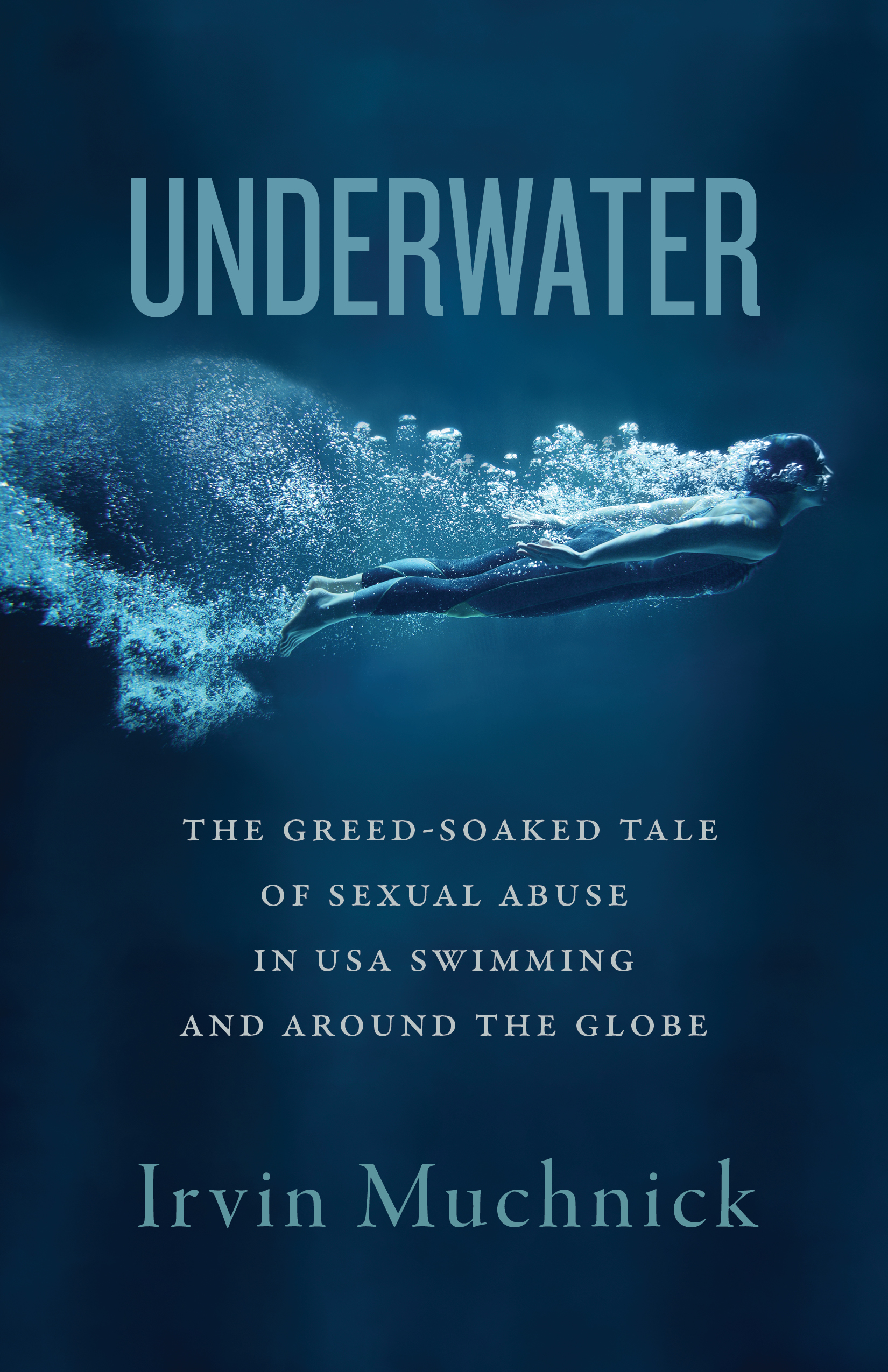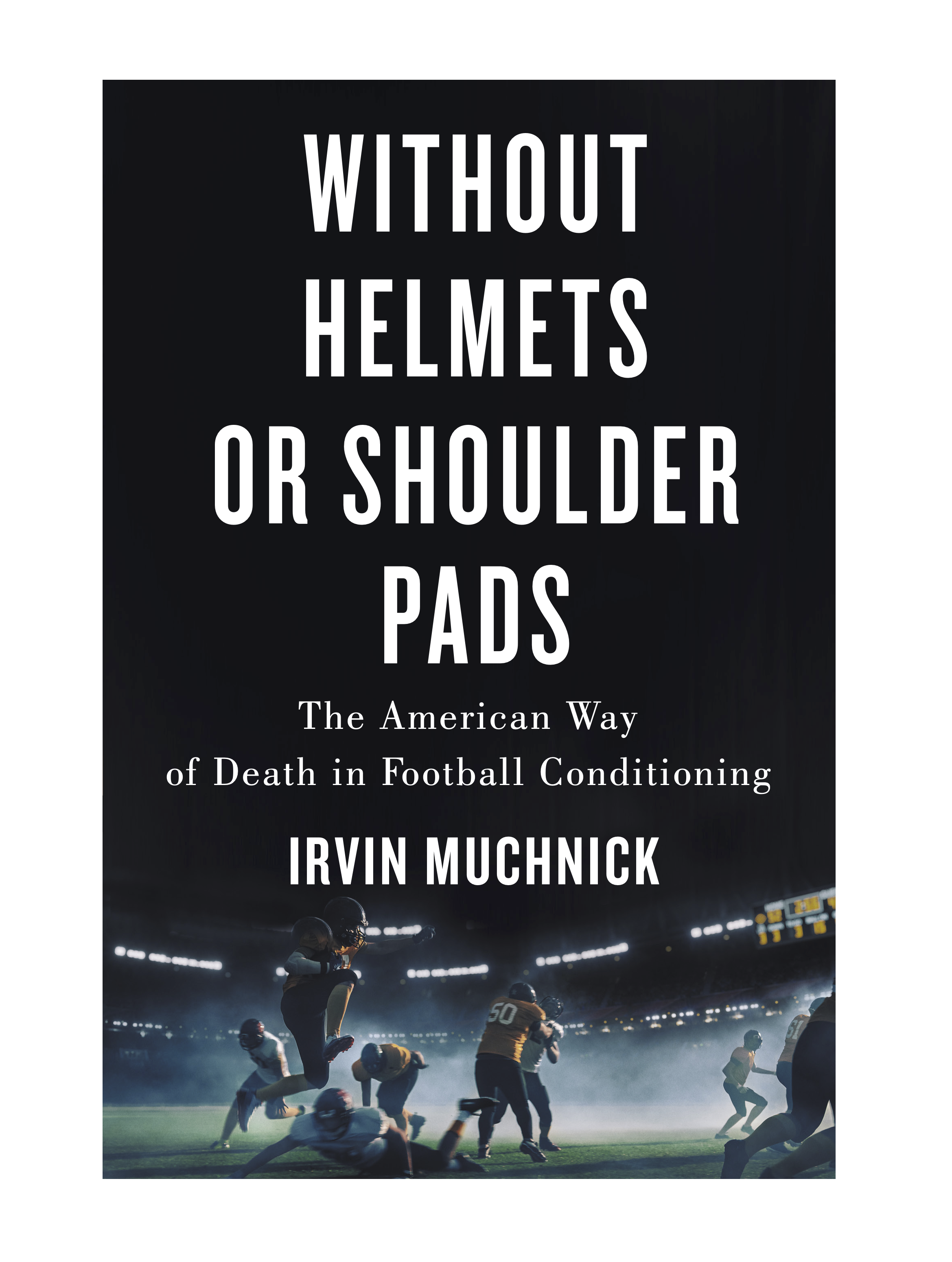UNDERWATER: The Greed-Soaked Tale of Sexual Abuse in USA Swimming and Around the Globe will be published shortly after the Paris Olympics by ECW Press, distributed by Simon & Schuster. Those pre-ordering through the links here will likely receive their copies well in advance of the official September 10 publication date.
My article about the investigation of former Irish Olympic swimming coach George Gibney will be featured next month in Ireland’s Village magazine. That piece will focus on different aspects of the Gibney story.
by Irvin Muchnick
In March, a U.S. District Court judge accepted private, so-called in camera, submissions of declarations from the federal government in connection with a Freedom of Information Act lawsuit seeking the application of Prince Harry, Duke of Sussex, to enter this country in 2020, after he and his wife Meghan Markle lost protected status in Canada in the midst of a British royal family dispute.
Judge Carl J. Nichols of District of Columbia court took this step after both the briefing by the Heritage Foundation, the FOIA plaintiff, and a subsequent hearing extensively cited parallels to my own 2016-17 FOIA for material from the alien file of George Gibney, whom I call the most notorious at-large sex criminal in sports history.
In my case, Muchnick v. Department of Homeland Security, the federal judge, Charles R. Breyer, said he was ruling “mostly” in my favor after the U.S. attorney for the Northern District of California similarly produced for his eyes only documents not previously released nor even listed in an index of withheld records.
The government appealed Breyer’s decision to the Ninth Circuit Court of Appeals, where a settlement was reached. DHS disclosed that Gibney had entered the U.S. in 1995 on a diversity lottery visa. Further, the government produced, in redacted form, a document showing that U.S. Citizenship and Immigration Services rejected Gibney’s 2010 application for naturalized citizenship, after he failed to cure a lie on the application failing to disclose his past criminal prosecution in Ireland. An additional redacted document revealed that Immigration and Customs Enforcement rejected a resulting suggestion that Gibney should be deported; ICE’s explanation was that, notwithstanding Gibney’s material lie to the government, he was “not removable” because he had never been convicted of a crime.
The current legal effort to uncover Prince Harry’s visa documentation also turns on the applicability of privacy rights as balanced against the public interest in exposing the government’s inner workings and possible malfeasance, under a standard in a court case entitled Favish. In a Heritage Foundation brief last fall arguing for summary judgment in its favor, attorney Samuel Everett Dewey put forth the possibility of Harry’s having received special treatment — in light of the rushed logistics of his entry into the U.S. and the account, in his bestselling book Spare, of his past use of cocaine, magic mushrooms, ayahuasca, and other drugs.
Dewey noted:
“[I]n the only other case to consider a directly analogous situation, the Court held the Favish standard was easily satisfied. Muchnick v. DHS, 225 F.Supp.3d 1069 (N.D. Cal. 2016) is on all fours with this case. There, the requestor sought immigration records relating to George Gibney, an Irish Olympic Swimming Coach who was charged with-but never convicted of-sexually abusing ‘young female swimmers.’ The facts surrounding these events were widely reported in the media and the subject of a comprehensive book. Little was known about Gibney’s immigration history other than the fact that he was admitted to the United States and then lived there. The requestor alleged DHS misconduct in admitting Gibney and allowing him to take up residence, and the requestor suggested that the ‘American Swimming Coaches Association greased the wheels for Gibney’s relocation.’ Unlike this case where prior illegal drug related conduct renders one inadmissible, prior sexual misconduct without a conviction is generally not a categorical bar to admissibility.”
The brief went on to point out, “The District Court squarely rejected DHS’s argument that the Favish test was not met, writing: ‘Muchnick has made that showing.’ Charges against Gibney came to light no later than 1993. In 1994, the Irish Supreme Court put an end to the case-not for lack of evidence, but because the statute of limitations had run. This was no secret. But it did not stop American authorities from allowing Gibney to enter the United States and remain here ever since.”
Heritage attorney Dewey wrote that the information I sought “sheds light on multiple decisions by multiple DHS personnel. It details what they knew about Gibney’s past and when they knew it. Those details shed light on DHS’s performance of its statutory duties and most certainly lets citizens know ‘what their government is up to.'”
The punch line of this reply brief: “Remarkably, even though Plaintiffs have repeatedly cited Muchnick as leading authority, Defendant’s Motion does not even address that case. Defendant evidently has no answer for Muchnick.”
In a February hearing, under questioning by Judge Nichols, government attorney John Bardo called my case “an outlier.” The judge, however, agreed with plaintiff Heritage’s analogy – at least for purposes of triggering declarations for the court’s private review and consideration. On March 7, it was so ordered.


